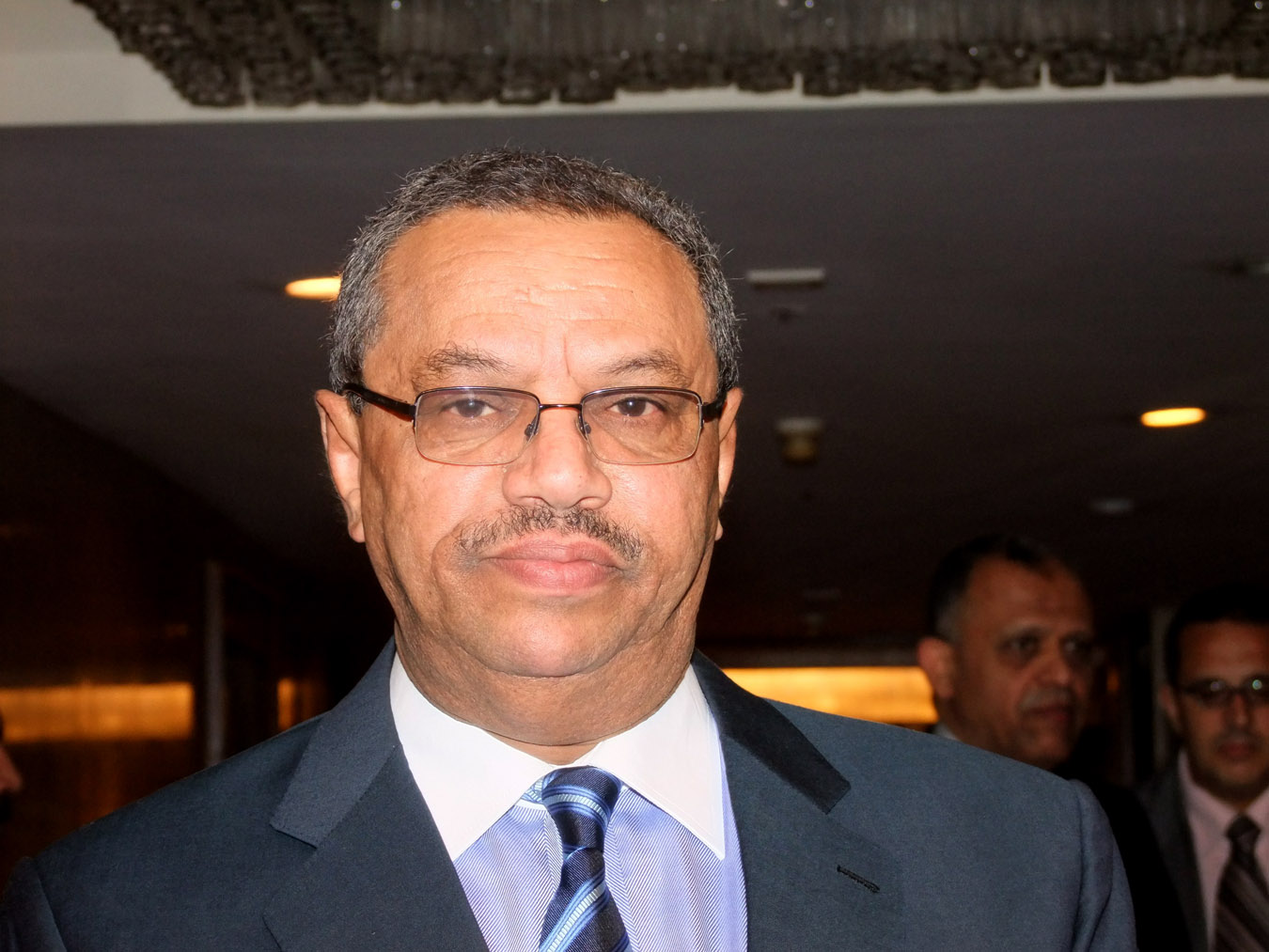LOC22:18
19:18 GMT
 Director of the International Organizations Department of Kuwait's Foreign Ministry Ambassador Jassem Al-Mubaraki
Director of the International Organizations Department of Kuwait's Foreign Ministry Ambassador Jassem Al-Mubaraki
VIENNA, Dec 9 (KUNA) -- Director of the International Organizations Department of Kuwait's Foreign Ministry Ambassador Jassem Al-Mubaraki said Tuesday to rid the world of the nuclear weapons is one of the most important targets of Kuwait's foreign policy.
The State of Kuwait is fully convinced that international peace and security are unlikely to be achieved as long as nuclear weapons exist, he said in a speech to the Third Vienna Conference on the Humanitarian Impact of Nuclear Weapons, being held on December 8-9.
Affirming Kuwait's commitment to the Nuclear Non-Proliferation Treaty (NPT) as the cornerstone of the denuclearization effort, he called on the countries that have yet to join the treaty to do so without further delay.
Though decades have passed since the NPT took force (in 1970) and the treaty grew in membership, the world is still far from the fulfilment of the objectives of the treaty due to the reluctance of some countries, such as Israel, to endorse it, he regretted.
Ambassador Al-Mubarak commended the Vienna conference as a bold step towards a nuclear weapon-free world.
Al-Mubaraki noted that since 1974 the Arab countries have spared no effort to denuclearize the Middle East and manifested the maximum degree of flexibility in the implementation of the Action Plan of the 2010 NPT Review Conference.
The Arab countries cooperated fully with the coordinator of the Helsinki conference which was originally slated for 2012, he said, referring to the Arab League decision on backing the efforts geared to rid the region of all weapons of mass destruction (WMDs).
Regarding the peaceful utilization of the nuclear energy, Ambassador Al-Mubaraki said the State of Kuwait had planned for launching a nuclear energy plant in collaboration with France and in consistency with the NPT provisions.
However, the country backed away from the project after the Fukushima Daiichi nuclear disaster in Japan in March, 2011.
Acknowledging Iran's right to peaceful nuclear energy under the NPT, he called on the Islamic Republic to cooperate fully and transparently with the International Atomic Energy Agency (IAEA) in removing any ambiguity shrouding it nuclear program.
Based on neighborly ties and common interests with Iran, he appealed for the Islamic Republic to reconsider the locations of nuclear sites along the Arabian Gulf coastline.
Any human error or miscalculation, whether intended or unintended, could lead to disaster with unimaginable scale, he warned, noting that the Arab Gulf states have no water resources except from the Gulf.
Concluding, Ambassador Al-Mubaraki thanked the organizers of the conference for their vital contributions to the international denuclearization efforts. (end)
amg.gb